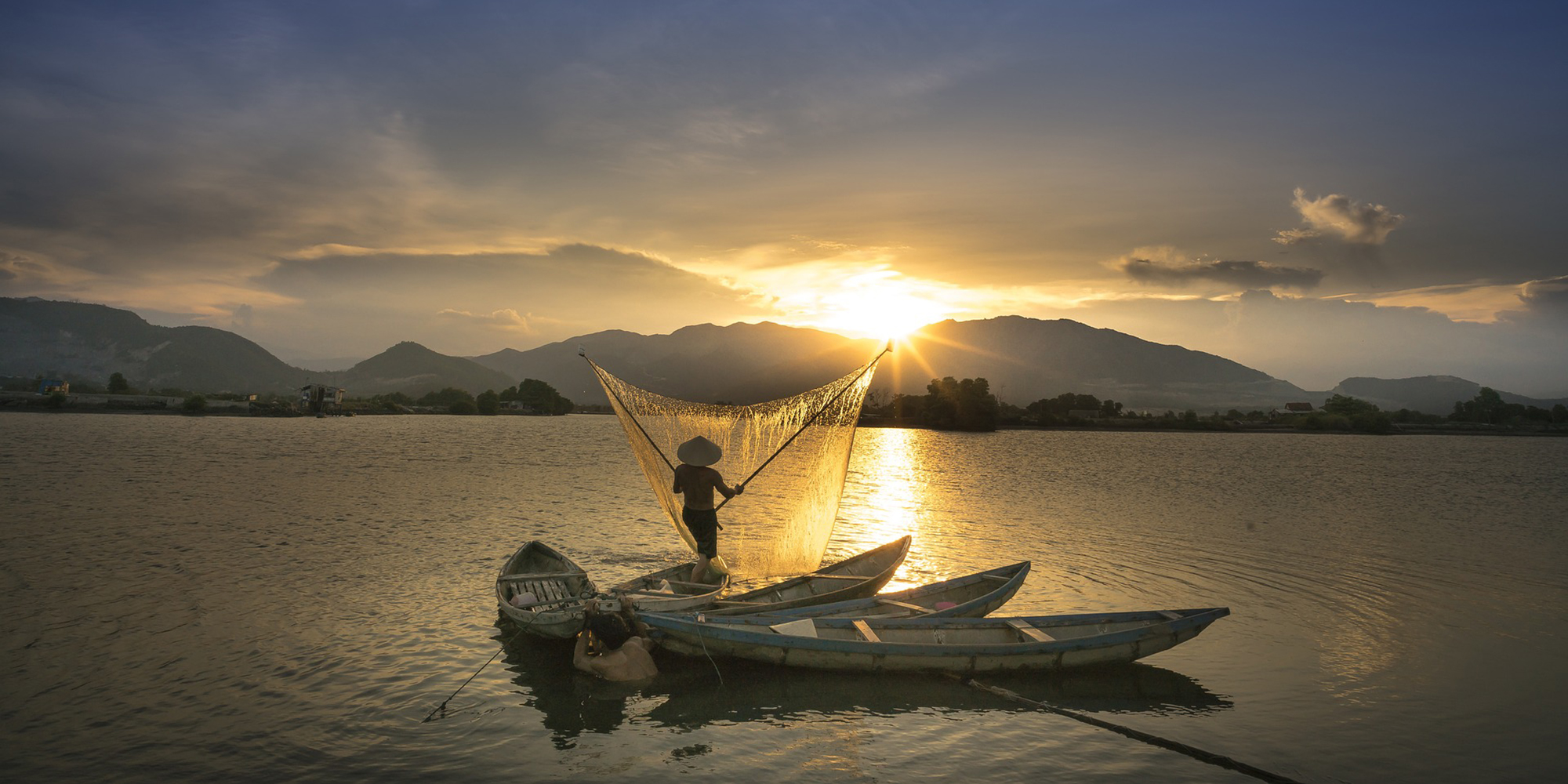Home
Acknowledgement of Country
We acknowledge the traditional owners of the land on which the Curtin University campus at Bentley, Perth is located, the Whadjuk people of the Nyungar Nation.
Welcome to our Centre
Welcome to the WHO Collaborating Centre for Climate Change and Health Impact Assessment (HIA) which is located at Curtin University in Perth, Western Australia.
We are an internationally recognised centre of expertise on Health Impact Assessment (HIA) methodology. The Collaborating Centre has a twenty-year track record of delivering research projects and consultancies for international agencies and government departments in the Asia-Pacific region and Australia.
We work in partnership with World Health Organization (WHO) and its Member States to protect and promote health. We provide practical and technical guidance to implement HIA analyses. The importance of HIA is heightened in the context of emerging risks from rapidly escalating climate change and health crises. The WHOCC aims to conduct research and capacity building to enable evidence-based actions for adaptation and mitigation, to support and enhance WHO’s programme of work.
